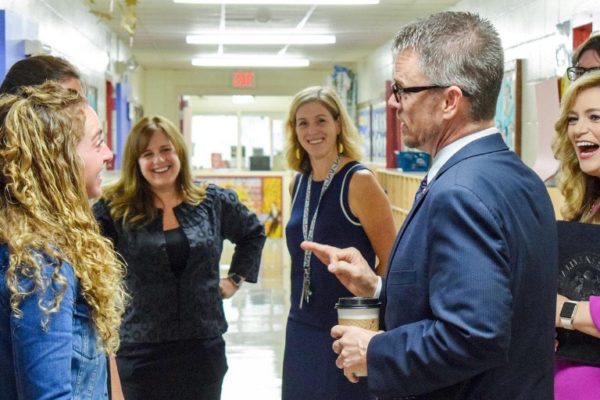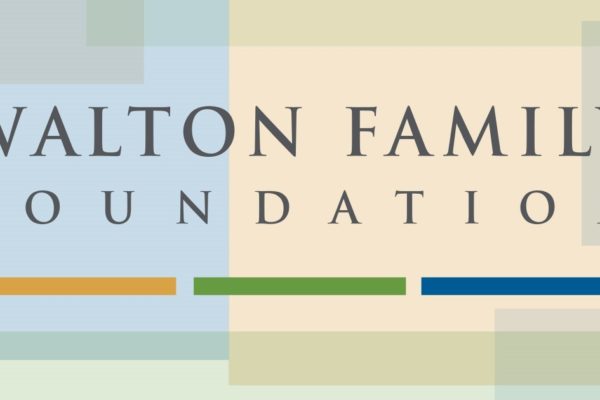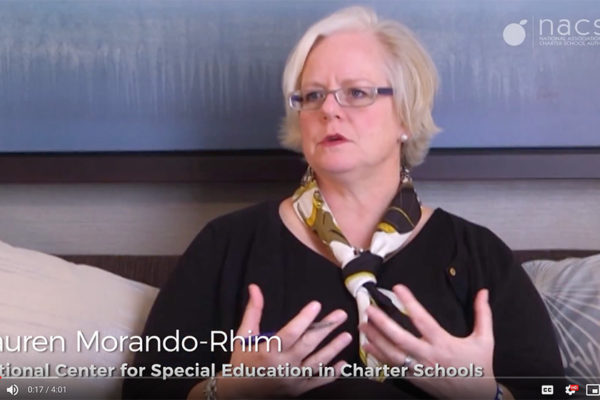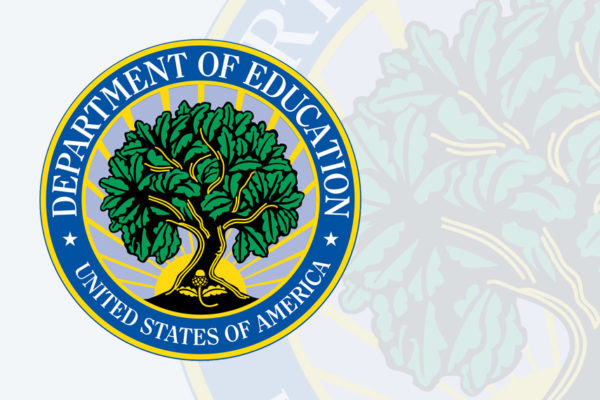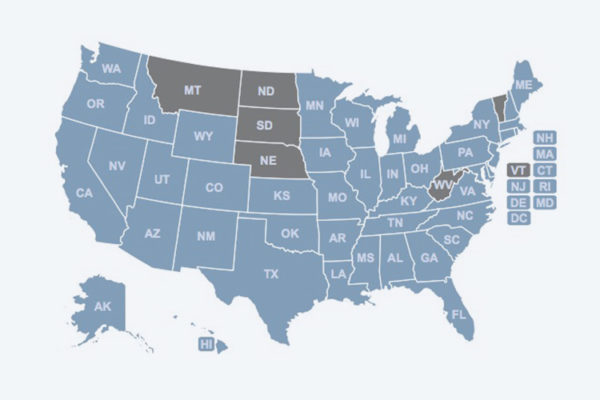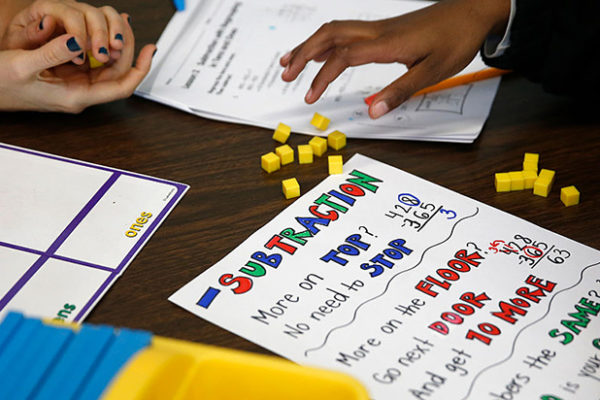n response to the President’s nomination of Johnny Collett as Assistant Secretary, Office of Special Education and Rehabilitative Services (OSERS) at the U.S. Department of Education, Lauren Morando Rhim, executive director and co-founder of The Center for Learner Equity released the following statement.
The Center for Learner Equity is excited to announce that we have been awarded a two-year grant for a total of $905,000 from the Walton Family Foundation that will support our work on behalf of students with disabilities interested in attending charter schools.
The facts are clear: minority students are disproportionately identified as students with disabilities as well as suspended and expelled at higher rates than their peers.
The Center for Learner Equity Executive Director, Lauren Morando Rhim released the following statement in response to the State University of New York’s (SUNY) vote to approve regulations that will allow some charter schools to certify their own teachers.
Featuring The Center for Learner Equity Executive Director, Lauren Morando Rhim, the fifth video short in NACSA’s Authorizer Voices series centers on how authorizers ensure access to charter schools for students with unique needs.
Today, The Center for Learner Equity submitted formal comments to the U.S. Department of Education (ED) related to its Regulatory Reform Task Force initiative to evaluate existing education regulations and guidance.
34 Senators sent a letter to Secretary of Education Betsy DeVos this week outlining their disappointment and alarm regarding steps her administration has taken to diminish enforcement of civil rights for students around the country.
The Center for Learner Equity Charter School Special Education Finance Project provides state-specific information regarding funding streams and focused reports comparing the states. Stay tuned for a fall webinar exploring this data project in depth.
The 74 Million published an article written by The Center for Learner Equity Executive Director, Lauren Morando Rhim urging philanthropic donors to encourage schools to build special education into their DNA rather than treat it as an afterthought.
